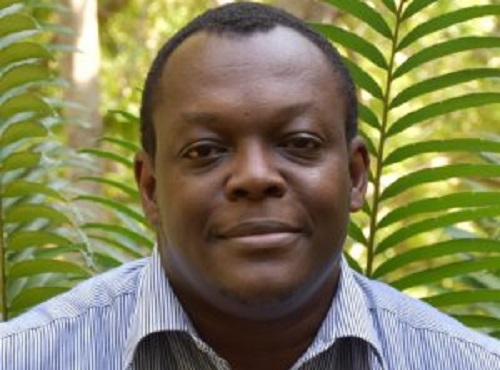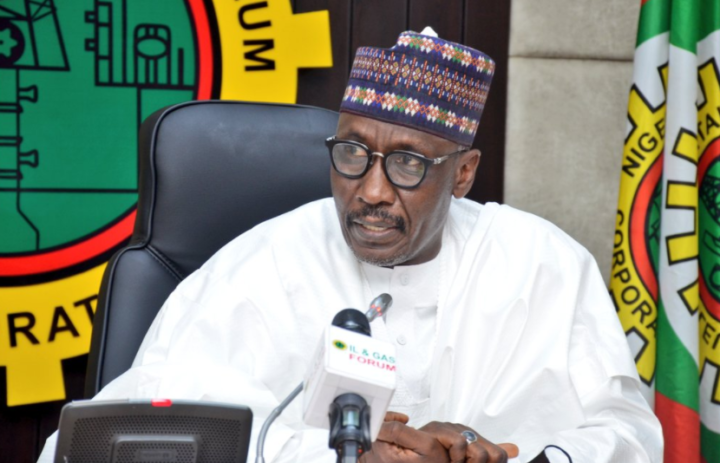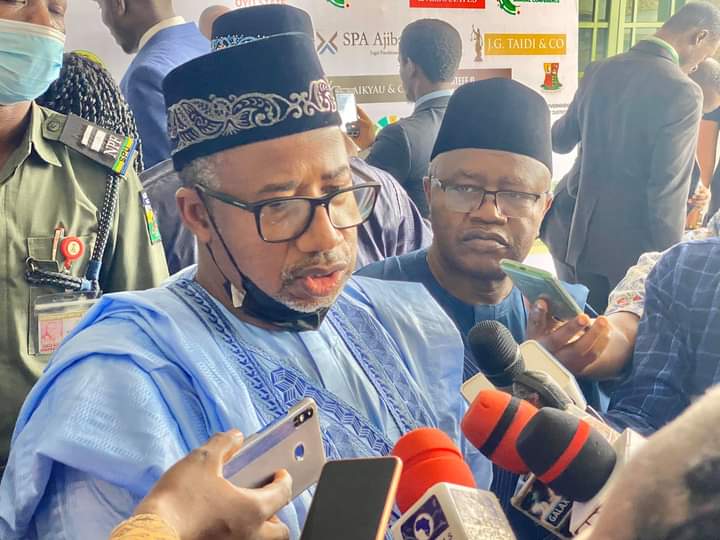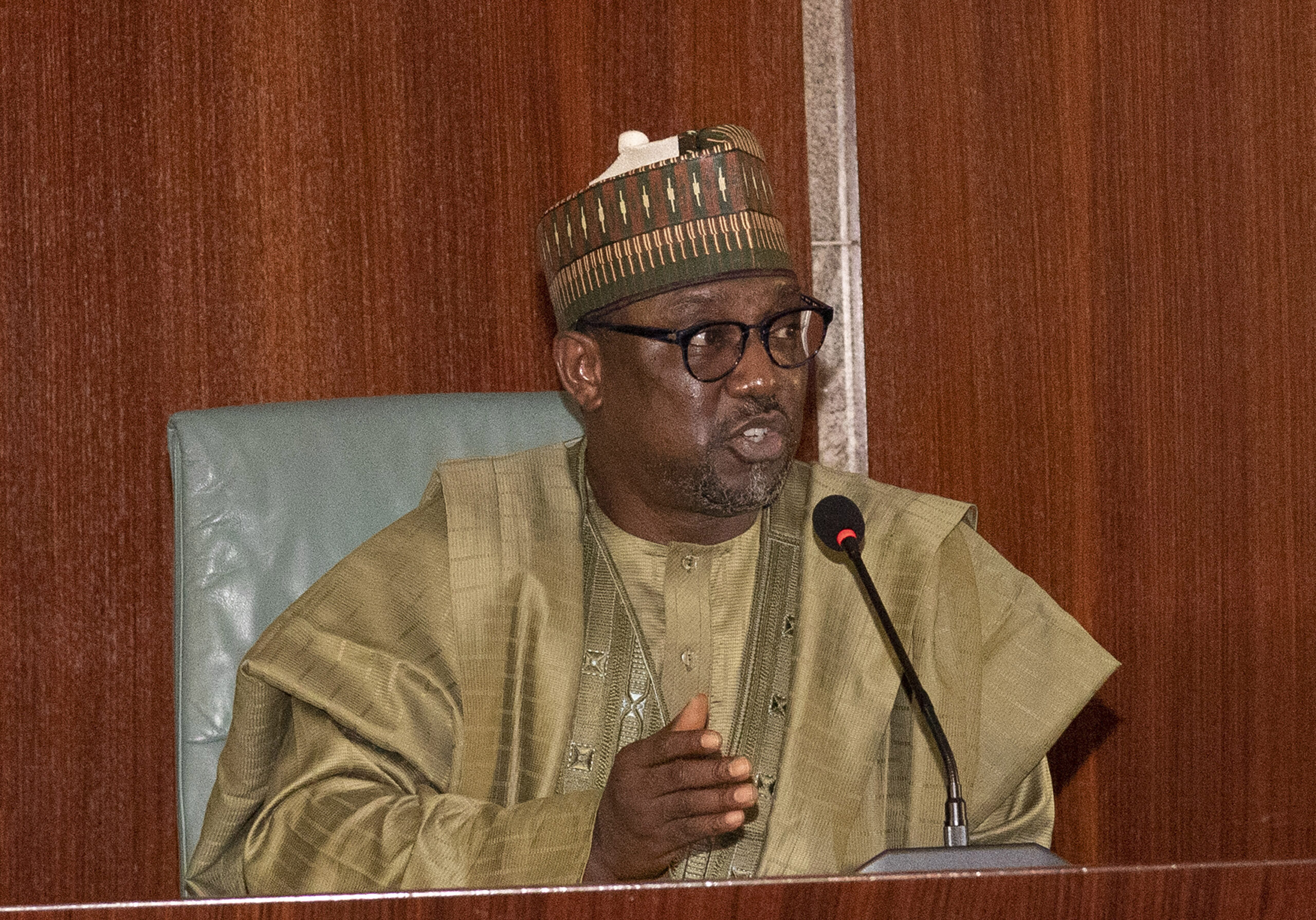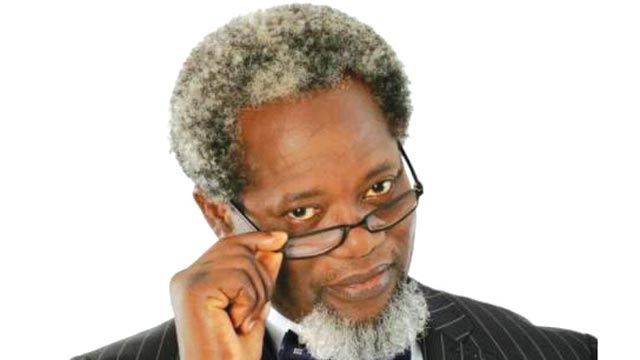Ifedayo Adetifa, an epidemiologist and paediatrician, was on Tuesday appointed as the director-general of the Nigeria Centre for Disease Control (NCDC).
Ifedayo who?
In his LinkedIn profile, Adetifa said he is the “first to discover and report that the changes seen in IGRAs with treatment in latent TB infection and active TB disease were unrelated to treatment efficacy and more likely reflected natural decay over time”.
He has, indeed, distinguished himself in the medical profession with over 16 years of research on infectious diseases.
Advertisement
Adetifa succeeds Chikwe Ihekweazu, who was recently appointed as assistant director-general of the World Health Organisation (WHO) in charge of health emergency intelligence.
As the new the NCDC chief, not only will he lead the agency which has been at the centre of Nigeria’s response to the coronavirus pandemic, he will also have to “ramp up relevant information” and “dispel a lot of the myths” which have had a strong influence on COVID vaccine hesitancy in the country — just as he advised the federal government nine months ago.
Being appointed as the director-general of the NCDC comes with a lot of responsibilities — but no doubt Adetifa is fit to take up the new role going by his sterling track records.
Advertisement
TheCable gives you a glance into Adetifa’s life up until his appointment as DG of the NCDC.
RENOWNED SCHOLAR
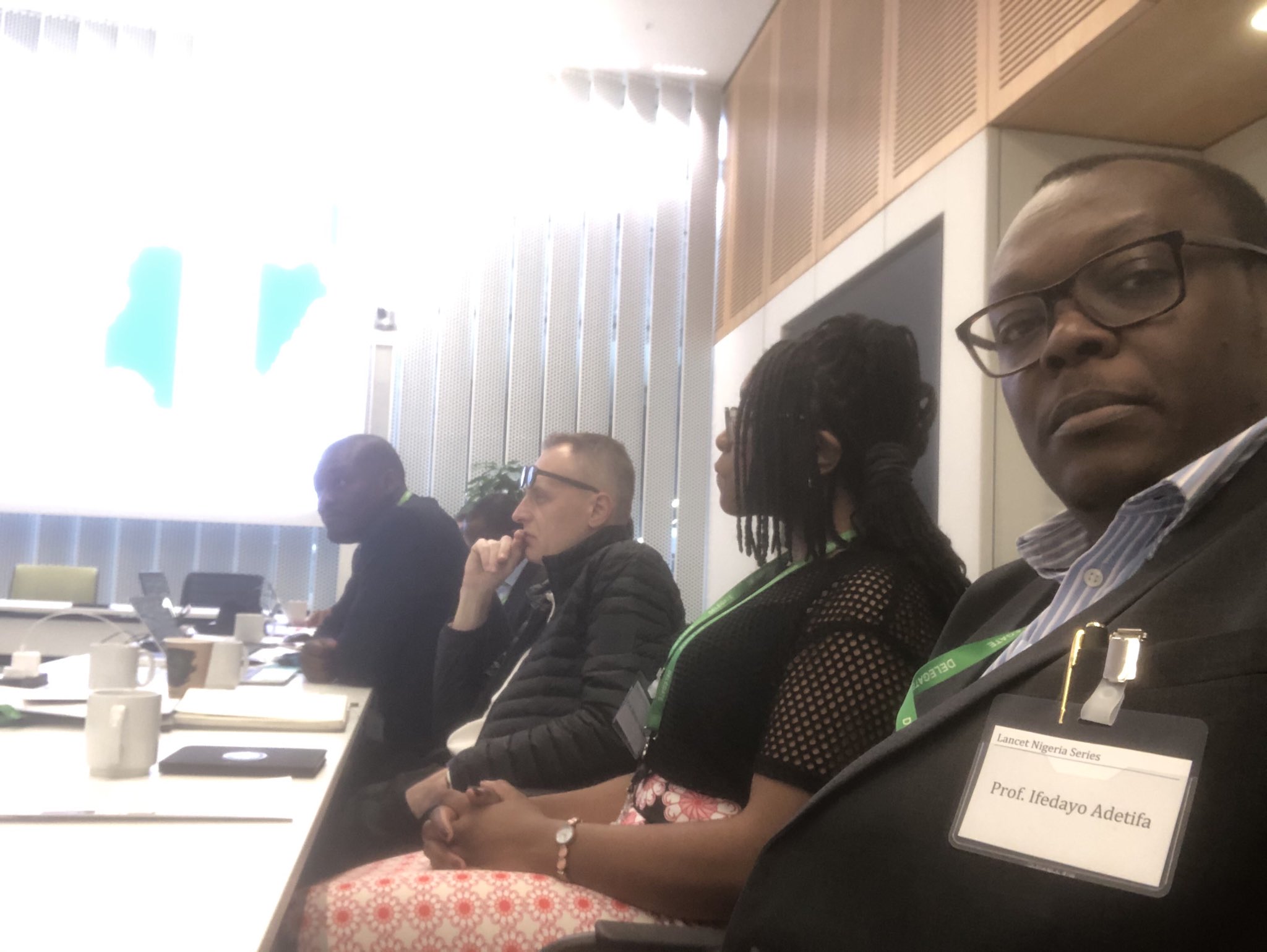
Adetifa has conducted several medical research in Africa and Europe.
Advertisement
He studied medicine at the University of Ilorin, Kwara state; graduated in 1997, and was subsequently trained in paediatrics and child health at Lagos University Teaching Hospital. He received the fellowship of the West Africa College of Physicians in paediatrics in 2005.
Adetifa proceeded to study epidemiology at London School of Hygiene and Tropical Medicine and was awarded an MSc by the University of London in 2009.
He capped his degree with a PhD from the University of Amsterdam in 2012 for research in tuberculosis epidemiology.
Adetifa said he “investigated interferon-gamma release assays (IGRAs) for tuberculosis and their potential as efficacy markers for intervention trials”.
Advertisement
According to the medical expert, the changes seen in IGRAs with treatment in latent TB infection and active TB disease were unrelated to treatment efficacy and more likely reflected natural decay over time.
A MAN OF MANY ‘PORTFOLIOS’
Advertisement
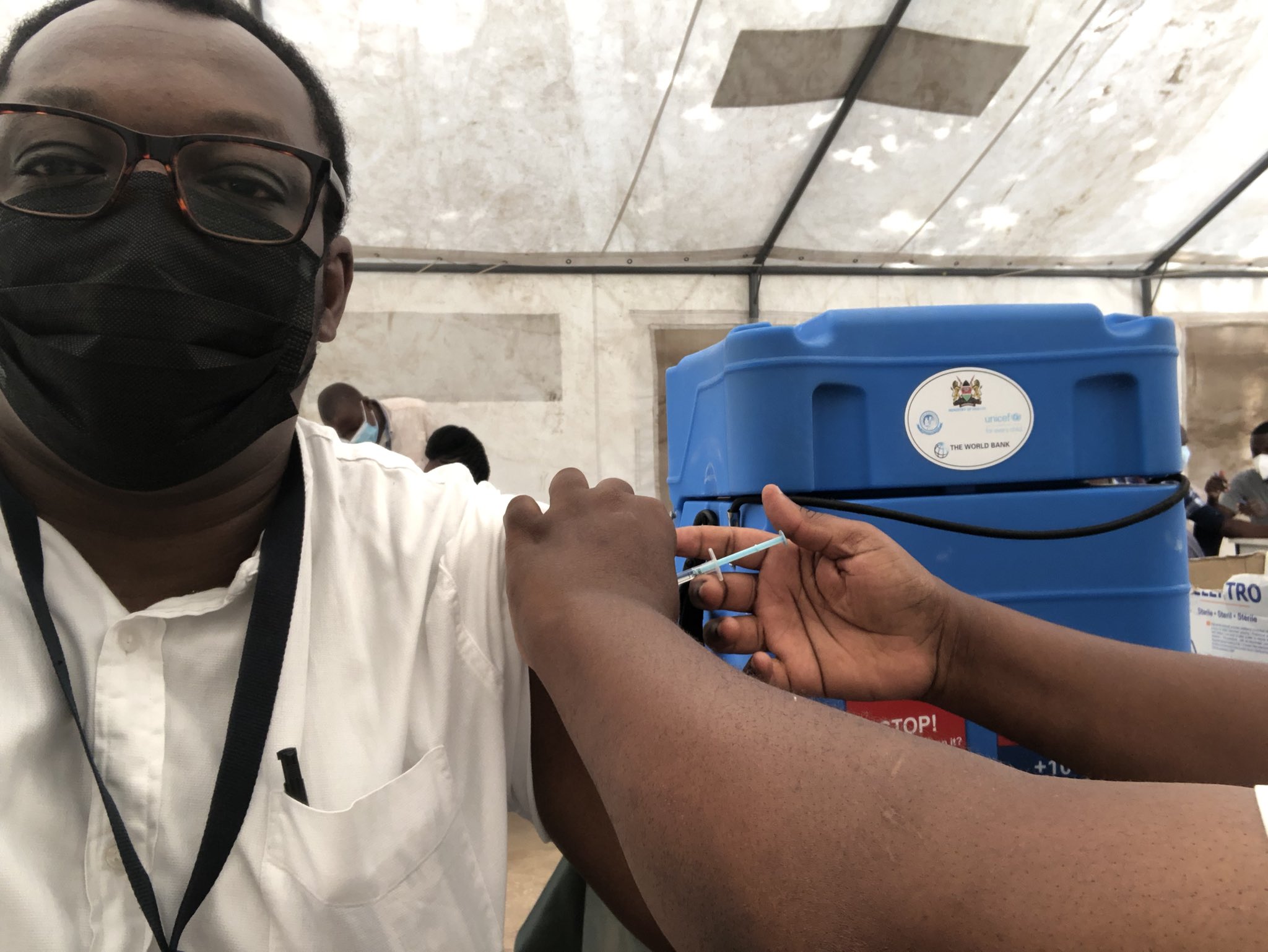
Adetifa is an associate professor of infectious disease epidemiology at London School of Hygiene and Tropical Medicine. Before he was appointed to the rank in 2018, he was an assistant professor/clinical epidemiologist from 2014 to April 2018 (at the same school).
He joined the school in 2014 and work overseas as a clinical epidemiologist at the KEMRI-Wellcome Trust Research Programme, Kilifi, Kenya.
Advertisement
Prior to joining the institution, he worked as a clinical epidemiologist at the medical research council unit, The Gambia at the LSHTM with research interests in tuberculosis epidemiology.
His research interests are in vaccine impact/effectiveness studies, innovative approaches/surveillance tools for monitoring vaccination, tuberculosis epidemiology, and evidence synthesis including systematic reviews.
Advertisement
He was awarded the MRC/DFID African Research Leader Fellowship in 2018.
Adetifa is a member of multiple medical advisory groups including the Kenyan National Immunisation Coordinating Committee and the World Health Organisation, Africa Region’s (WHO-AFRO) Regional Immunisation Technical Advisory Group.
‘VISION FOR EFFECTIVE PROTECTION AGAINST VACCINE-PREVENTABLE DISEASES’
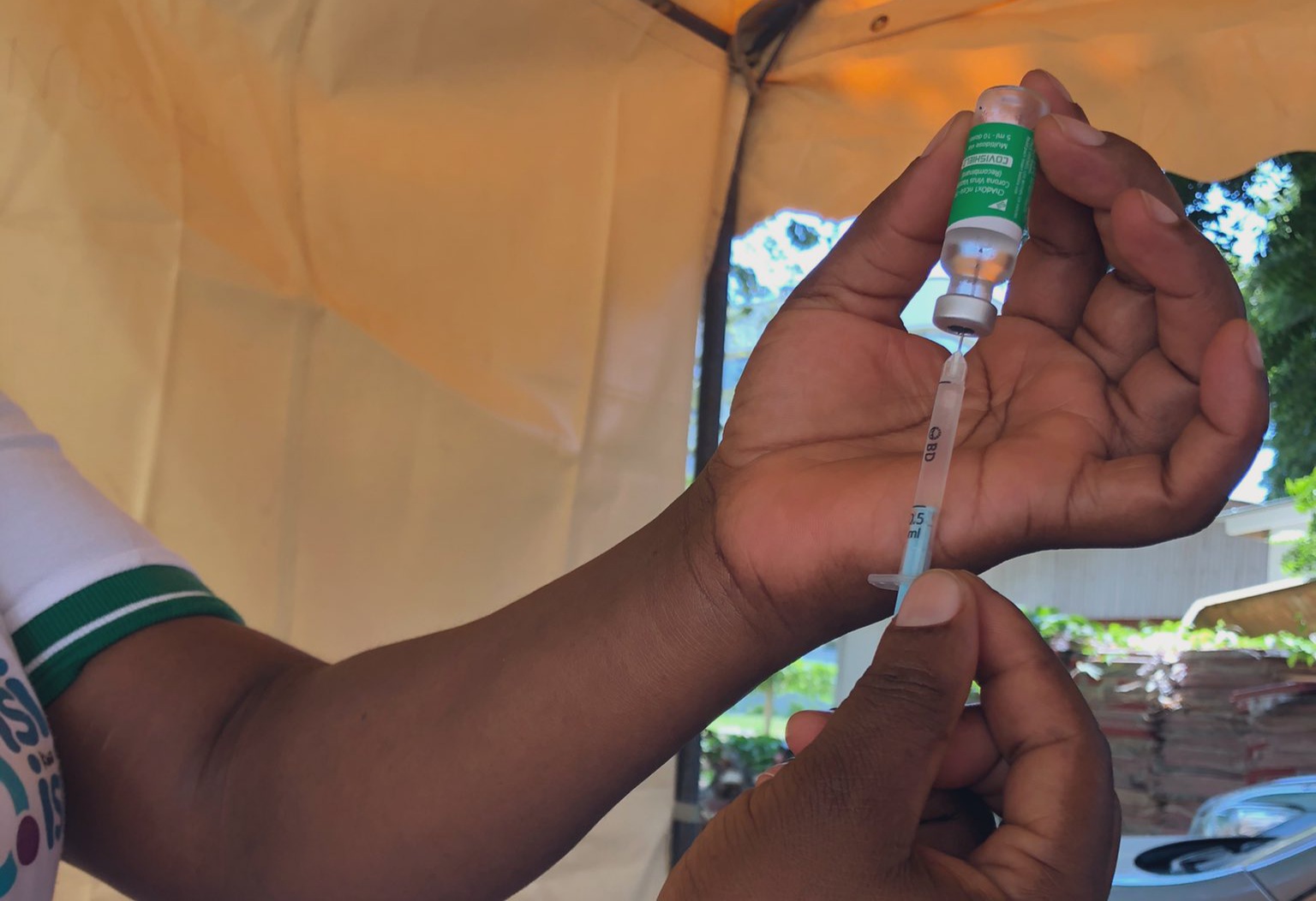
In one of his interviews, Adetifa said he is an infectious disease expert and “generally interested in who they happen to, where they happen, why they happen and intervention to prevent them from happening”.
Reiterating this interest on his LinkedIn profile, Adetifa said his “vision as a paediatrician and infectious diseases epidemiologist is to see equitable and effective protection against vaccine-preventable diseases in the low and middle-income countries of tropical Africa”.
“My work to date has been on investigating the epidemiology of vaccine-preventable childhood diseases, conducting an epidemiological evaluation of vaccines; and on demonstrating the utility of seroepidemiology for monitoring vaccination and profiling population immunity; all for informing vaccine policy,” he wrote.
“I serve in various advisory roles in the area of vaccines and immunisation at national, continental and global levels for example, on the WHO African Region’s Regional Immunisation Technical Advisory Group.
“Proven significant experience of multidisciplinary collaboration in the area of immunisation for research and policy. Experience in research project management including managing multiple research projects; significant involvement in design and implementation of large-scale projects in infectious diseases epidemiology”.
THE TASK AHEAD
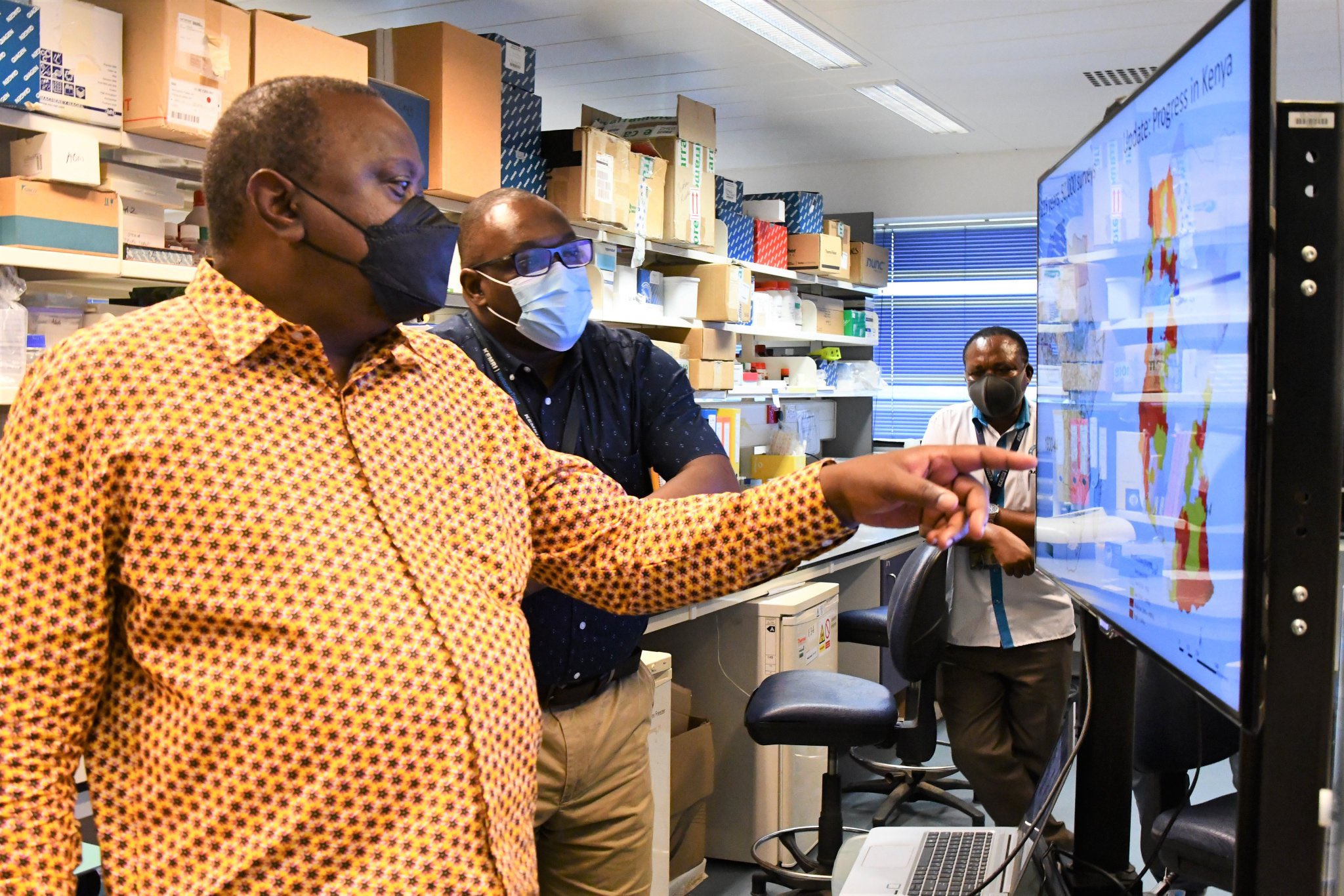
In December 2020, when the country was yet to secure any dose of the COVID-19 vaccine, Adetifa advised the federal government to “dispel a lot of the myths”, that will trail the COVID vaccine when it becomes available in the country, adding that “there is no point having an efficacious vaccine if people will not receive it”.
“There has been a gap in appropriate communication regarding COVID vaccination and I think there now needs to be an effort to ramp up relevant information and community engagement with respect to imminent availability of COVID vaccines in other to address the concerns of the population and to dispel a lot of the myths and the wrong information that is going around,” he said in an interview with Monitor Your Health, a medical journal on Youtube.
“There is no point having an efficacious vaccine if people will not receive it. So if you have got a vaccine that is 95 percent efficacious and you only achieve 40-50 percent coverage, it is a complete waste of time.”
Adetifa will have to consolidate the gains recorded by his predecessor — and do even more — including executing more community engagements to dispel the misinformation on the COVID vaccine.
Photos: Ifedayo Adetifa/Twitter
Add a comment
